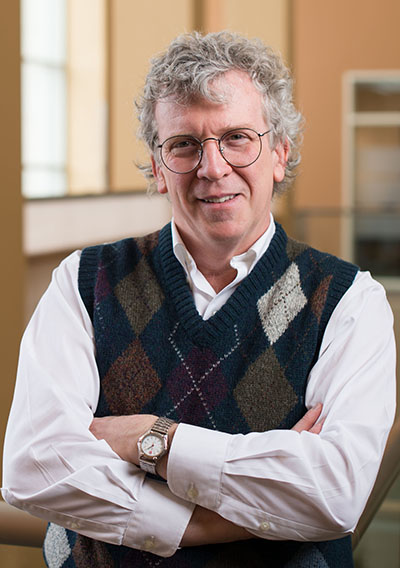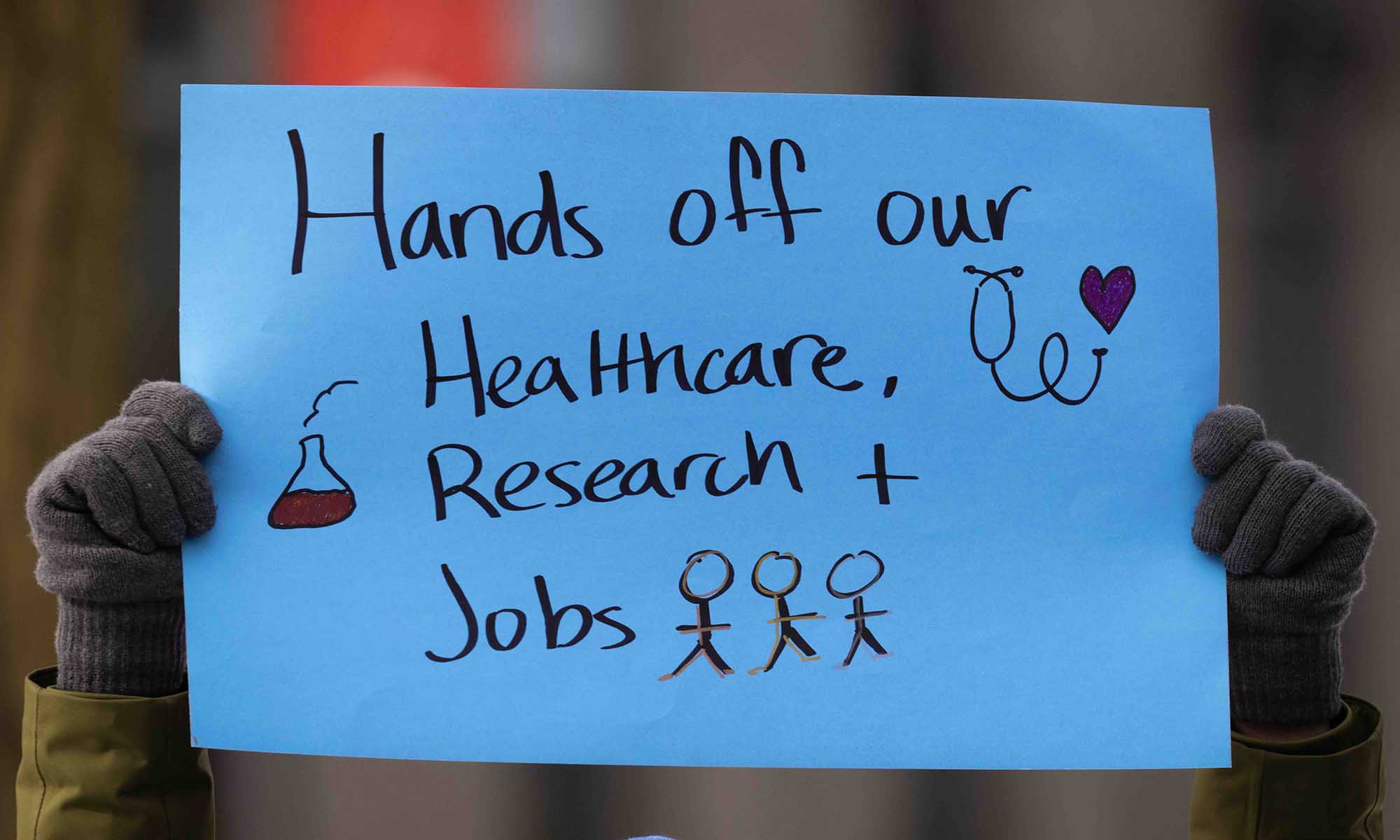Sustainability is a well-worn term—but a hard one to define.
It’s a “messy, murky concept,” says philosopher Randall Curren, chair of the philosophy department. But he aims to bring some clarity with his latest book, Living Well Now and in the Future: Why Sustainability Matters (MIT Press, 2017).
“What philosophers do is try to understand concepts that we’re accustomed to using without really thinking about what they signify,” Curren says.
The book in some ways mirrors a project from the 1970s. Acting in response to ethical failures in medical research, the federal government brought together ethicists with different theoretical perspectives. Their charge was to identify basic ethical principles on which they could all agree, which were issued in the 1979 Belmont Report.
“And it turned out to be remarkably easy,” says Curren. “If you’re actually serious about trying to come up with guidance for the ethical practice of medicine, there are things to which one would easily agree: you should be doing no harm, you should be honest, you should get informed consent, and so on. Not that hard.”
With his coauthor, Ellen Metzger—a professor of geology and director of science education at San Jose State University—Curren tries to bring a similar lucidity to the world of sustainability. The core of sustainability, they argue, is the “long-term preservation of opportunities to live well.” It’s a matter of intergenerational justice.

Curren is an international authority on educational philosophy and ethics, and his work addresses both education and sustainability. He holds a secondary appointment in the Warner School’s educational leadership program and held the first professorship established in the Royal Institute of Philosophy in London. He also recently held a research chair in moral and virtue education in the Jubilee Centre for Character and Virtues at England’s University of Birmingham. A premise of this research center is that institutions in a society should support the potential for people to live well.
Curren and Metzger contend that sustainability is best understood as the art of living well together without diminishing the opportunity to live well in the future. In those terms, sustainability isn’t solely or even primarily the domain of science. Rather, they write, unsustainable practices are primarily a problem of social coordination.
Curren calls discussions of sustainability that turn on expenses or job losses shortsighted. “If we delay in doing things like keeping the climate stable, then everything will be enormously more expensive in the future,” he says. “Because we’re being provided an incredible bounty of free services by functional climate systems and functional ecosystems. What would it cost us to replace the work that bees do? Or to replace the work that thriving fisheries do?”
Narratives of post-industrial prosperity tend to dominate the historical perspective people bring to the issue of sustainability. “They’re talking about roughly 150 years,” says Curren. But history is filled with the collapse of civilizations—and environmental problems, especially deforestation, played a role in a significant number of those breakdowns.
Regional collapses are already beginning, he says, pointing to Syria as one example. “Look at the parts of the world that are producing the largest flows of refugees. They’re typically areas with severe drought. People move from inland regions, where they can no longer farm, to coasts to fish—where the ocean is increasingly fished out, and they can’t make a living fishing, either.”
And technological innovation will take humanity only so far. “We absolutely need the right kind of inventing going on, but inventing will not suffice on its own,” he says.
By the start of the 19th century, the whaling industry was near collapse, and it endured until the 1850s only through new energy-intensive technologies, such as steam-powered ships and explosive harpoons. The energy yielded by whaling was greatly diminished by the time petroleum became a useable source of energy, and the ensuing history of energy yield on petroleum has followed a similar pattern.
Energy transitions today will only be more complicated, Curren and Metzger argue, with a global population six times what it was when petroleum displaced whale oil—“and a way of life that is six or seven times more energy intensive,” they write.
“And we’ve never had to cooperate on a global scale, which we must do to stabilize Earth’s climate and stay within other critical planetary boundaries,” says Curren. “The orders of difficulty are staggering.”
Matt Ferkany, an environmental philosopher at Michigan State University, calls the book “clarifying and instructive.” It’s a wide-ranging work, he says, and “covers certain important matters hardly discussed elsewhere,” such as its discussion of societal collapses through unmanageable complexity. A Chinese translation of Living Well Now and in the Future is already underway by Beijing Normal University Press, a rapid pace for such a book to attain a broad reach.
The authors don’t try to resolve the nitty-gritty of sustainability issues. Instead, they use the book to define the concept of sustainability, and frame the scope of the problem and the nature of solutions needed, with the illustrative help of three case studies: the Gulf of Mexico oil spill in 2010, the National Water Management System in Australia, and food production patterns in Southeast Asia’s Mekong region.
“The problem is the way our social systems are functioning, our interlocked social, economic, and political systems,” says Curren. Those systems have been stable—but they won’t stay that way as they undercut the functioning of natural systems.
“We need a radical makeover of those human systems,” he says. “And that’s enormously challenging.”
Such a makeover requires the broad, voluntary participation of ordinary people. That’s why Curren and Metzger build a case for systematic education in sustainability. “Students have a right to know these things,” says Curren. “We need to understand the world in which we’re trying to live, to be able to live well in it.”
Teaching courses in environmental justice, he has found that for some of his students—who have been known to email him fretfully in the wee hours—he needs to point them toward practical ways to respond to the disturbing information they learn. “You need to provide people with ways to feel like they’re constructively engaging the problems, to feel somewhat in control, and competent within their own lives to do something constructive,” he says.
Curren’s book carries a similar pragmatic value, albeit on a larger and more abstract scale. Like the members of the Belmont Commission, he and Metzger try to lead readers to imagine a fair social contract, grounded in common morality, addressing sustainability.
“Doing one’s part to preserve opportunity is a basic moral duty that no one has any good grounds for disputing,” he says.




